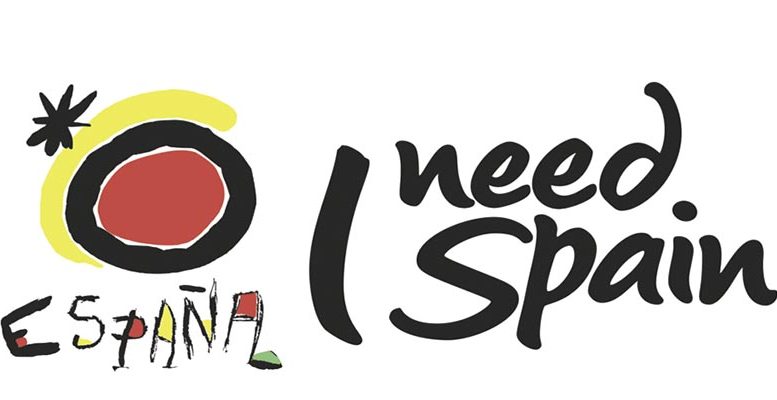Spain is ranked 30th in the UN’s Global Innovation Index (GII) and 21st in the new brand value indicator. For the first time in its 13-year history, the renowned GII includes brand value as one of its main indicators. The study uses findings from the ISO-certified database of the world’s top 5,000 brands analyzed annually by Brand Finance. It is the leading independent intangible valuation consulting firm, whose rankings meet ISO 10668 and ISO 20671 for brand valuation and evaluation respectively.
Spain is amongst the economies where the brand value/GDP ratio is lower than expected for the size of the economy. This first year that the ranking includes brand value, Spain scores 92.7 (33.29/100) in this metric, placing it in 21st place for this intangible asset.
Like Spain, the large and rapidly growing BRIC nations (Brazil, Russia, India and China) fall below the line. This suggests their range in global brand value relative to the size of their economies leaves significant potential for local brand growth. Economies above the trend line are the most successful in developing brands in proportion to their size.
Countries such as Central China, Italy, Australia, India, Mexico, Thailand, Russia, Belgium, Brazil and Indonesia are in a similar situation to Spain in the GII. China and India, in particular, have been encouraging brand development at home in recent years, a trend that has increased due to COVID-19. As demand for these brands increases, nations must ensure they are equipped to facilitate effective and efficient innovation to ultimately support the development of successful global brands.
The COVID-19 pandemic has highlighted, if anything, the value of the Spain brand both within and outside our borders. The Spain brand now has another indicator, in addition to those it already had, principally the Soft Power and Nation Brands, to measure its value internationally.
Soft Power is a perceptive measure of a country. In order to measure it Brand Finance puts questions such as: How well do people know a country? (Familiarity) Do they think it is influential? (Influence) Does it have a good reputation? (Reputation), amongst many others. These are the 3 key indicators, and from there we ask about 30 questions in relation to 7 pillars to evaluate what people think about the strength of the country in each pillar.
The stronger you are in the individual pillars, the more your overall reputation will increase. However, the indicators which score highest and where you need to work most to improve your international influence also reveal the strengths of each country.
Just behind Canada on the medal table, Spain gets its two golds in the People & Values pillar. The world considers Spain to be the nation with the most fun and friendly people in the world. Those born in the land of relaxed lunches, long nights of fun, flamenco, sharing time together for lunch or soccer are incredibly popular all over the world. This is largely due to the fact that Spain undoubtedly remains an international benchmark as a leisure and tourism nation. The sector contributed 14.6% to domestic GDP in 2019.
Meanwhile, the Nation Brands methodology studies 4 key areas: Tourism, Products and Services, Foreign Direct Investment and Individual Perceptions of National Brands.
Spain’s country brand is worth 1.4 billion euros according to the Nation Brands 2019 Brand Finance Report. An asset which has increased its value by 80% in the last 5 years.
One step away from the Top 10, Spain continues to improve and rises to No. 11. That said, its brand worth is still a long way off that of the United States with 22.9 billion euros and China with 17.2 billion euros.





